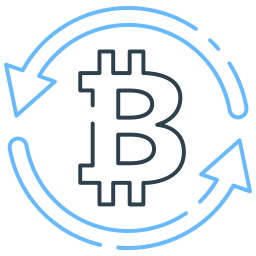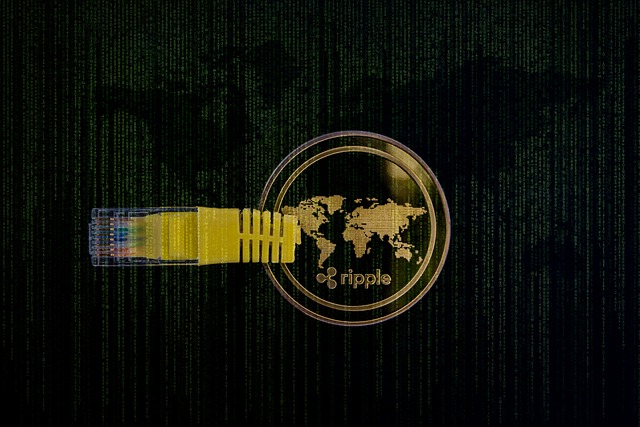As blockchain technology continues to evolve and gain mainstream adoption, one of the key factors that will determine its success is its scalability. Scalability refers to a blockchain network’s ability to process and validate transactions at a rate that meets or exceeds the demands of its users. In this article, we’ll delve into Solana’s scalability and its impact on decentralized applications (dApps).
Solana is an open-source blockchain platform that utilizes a unique consensus algorithm called Proof of History (PoH) to achieve high scalability. PoH is a time-based consensus mechanism that allows Solana to process transactions much faster than traditional proof-of-work algorithms used by other blockchains. This makes Solana an attractive option for developers building dApps that require fast transaction processing times.
One of the key advantages of Solana’s PoH consensus algorithm is its ability to achieve high throughput without sacrificing security. In a typical blockchain network, the number of transactions per second (TPS) is limited by the power of the miners or validators on the network. However, in a traditional proof-of-work algorithm, this TPS is further reduced due to the energy-intensive nature of mining. Solana’s PoH consensus mechanism avoids this limitation, allowing it to process up to 65,000 transactions per second.
Another significant advantage of Solana’s scalability is its ability to handle large numbers of validators and nodes on the network. This creates a more robust and decentralized network that is less vulnerable to centralization and censorship attacks. Additionally, Solana’s Proof of History algorithm allows for a higher degree of autonomy among validators, making it easier for new validators to join the network and participate in the validation process.
So, what impact does Solana’s scalability have on dApps? In short, it enables them to operate at a faster pace than traditional blockchain networks. With Solana’s high throughput capabilities, developers can create more complex and feature-rich applications that meet the needs of their users without sacrificing performance. This is particularly important for applications that require real-time transactions, such as gaming, social media, and e-commerce platforms.
Furthermore, Solana’s scalability also enables dApps to achieve greater levels of decentralization. By allowing validators to join the network voluntarily, Solana creates a more open and inclusive network that is less prone to censorship and centralization attacks. This makes it an attractive option for developers who want to create applications that are truly decentralized.
However, scalability is not without its challenges. One of the key limitations of Solana’s PoH consensus algorithm is its energy consumption. While Solana claims that its PoH algorithm consumes less energy than traditional proof-of-work algorithms, it still requires significant amounts of power to operate at full capacity. Additionally, Solana’s reliance on validators and nodes also creates security risks if these entities are compromised or attacked.
Despite these challenges, Solana remains one of the most promising blockchain platforms for scalability. Its unique consensus algorithm and high throughput capabilities make it an attractive option for developers building dApps that require fast transaction processing times. However, to fully realize the potential of Solana’s scalability, developers must carefully consider the trade-offs between performance, security, and energy consumption.
In conclusion, Solana’s scalability is a game-changer for decentralized applications. Its unique consensus algorithm and high throughput capabilities make it an attractive option for developers who want to build fast and feature-rich applications without sacrificing decentralization. While there are challenges to overcome, the benefits of Solana’s scalability make it an exciting development in the world of blockchain technology.
**Tags:** blockchain scalability, Solana, decentralized applications, Proof of History, PoH consensus algorithm, high throughput capabilities



